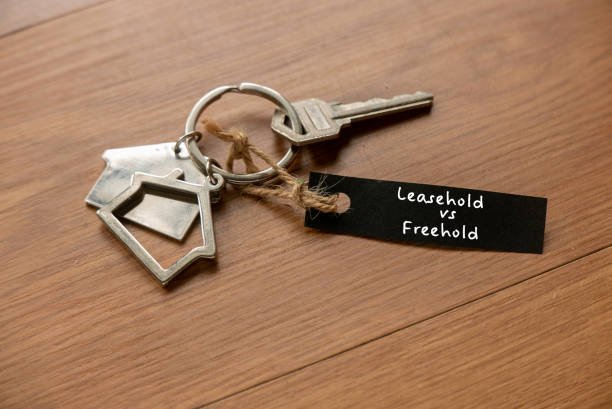Navigating Thailand’s property landscape means choosing between leasehold and freehold, an important step for international buyers, long-term residents, and local investors alike. Understanding which structure best suits your needs can lead to a more flexible, cost-effective, and rewarding real estate investment.
Why Consider Leasehold Ownership?
Leasehold ownership in Thailand offers a host of advantages that often make it the smart, pragmatic choice for many buyers:
More Economical
Entry prices and overall costs are typically lower than freehold, making leasehold a more accessible option for investors and buyers who want value.
Flexible Payment Options
Registration and related costs can often be structured more flexibly than with freehold purchases, ideal for buyers looking for manageable commitments.
Extended Security
With a contract that secures tenure for up to 90 years (an initial 30 years, with two further 30-year extensions), buyers enjoy peace of mind and long-term use like freehold structures.
Full Transfer & Inheritance Rights
Leasehold interests can be resold or transferred freely, much like freehold. They are also inheritable, allowing you to pass the property on to your loved ones.
Better ROI
Leasehold units often offer a stronger return on investment, since you avoid the extra payments and premium costs associated with freehold titles.
Tax Advantages
Leasehold ownership can be more tax-efficient, as you are not required to declare foreign ownership and may benefit from certain local tax structures.
Increased Privacy
Neither leasehold nor freehold registrations are reported outside Thailand, supporting confidentiality for international investors.
In summary, leasehold offers outstanding flexibility, security, and efficiency for buyers seeking a practical alternative to traditional freehold, perfect for those who prioritise value and smart financial planning.
Freehold Ownership
Freehold ownership remains the preferred option for many who want a permanent, outright title to their property. Foreign nationals can own condominium units freehold (up to 49% of a building’s saleable area):
Complete Ownership
Your name on the official title deed (chanote), with no renewal required.
Long-Term Security & Value
Superior for holding and passing along property across generations; usually commands the highest resale value.
Restrictions
Foreigners can hold freehold only for condos (within the quota) and not for land or houses on land.
Key Differences at a Glance
| Aspect | Leasehold | Freehold |
| Tenure | Up to 90 years (renewable by contract) | Perpetual/indefinite |
| Ownership | Rights to use, occupy, resell, inherit | Full outright ownership |
| Flexibility | More payment and registration options | Lump-sum, less flexible |
| Tax Structure | Not reported as foreign ownership | Must declare as foreign ownership |
| Cost | Generally lower upfront and ongoing costs | Premium pricing and fees |
| Security | Strong—especially with 90-year contract | Maximum |
| Resale | Freely transferable, inheritable | Freely transferable, inheritable |
Factors to Consider
Investment Horizon
Leasehold is ideal for those seeking flexibility and value, while freehold shines for long-term, generational investment.
Resale & ROI
Leasehold offers easier resale and often higher ROI due to lower purchase costs; freehold remains the gold standard for status and legacy.
Legal Protections
Regardless of ownership type, always engage a qualified property lawyer to review contract terms—especially regarding lease renewals and inheritance clauses.
The Bottom Line
Both leasehold and freehold have distinct advantages for buyers in Thailand. Leasehold stands out for its economy, flexibility, extended security (with 90-year contracts), transferability, and tax benefits, while freehold remains ideal for those seeking indefinite ownership and maximal security. Assess your goals, and choose the tenure that aligns best with your lifestyle and investment outlook. Always seek expert legal guidance to ensure a smooth and secure acquisition.







